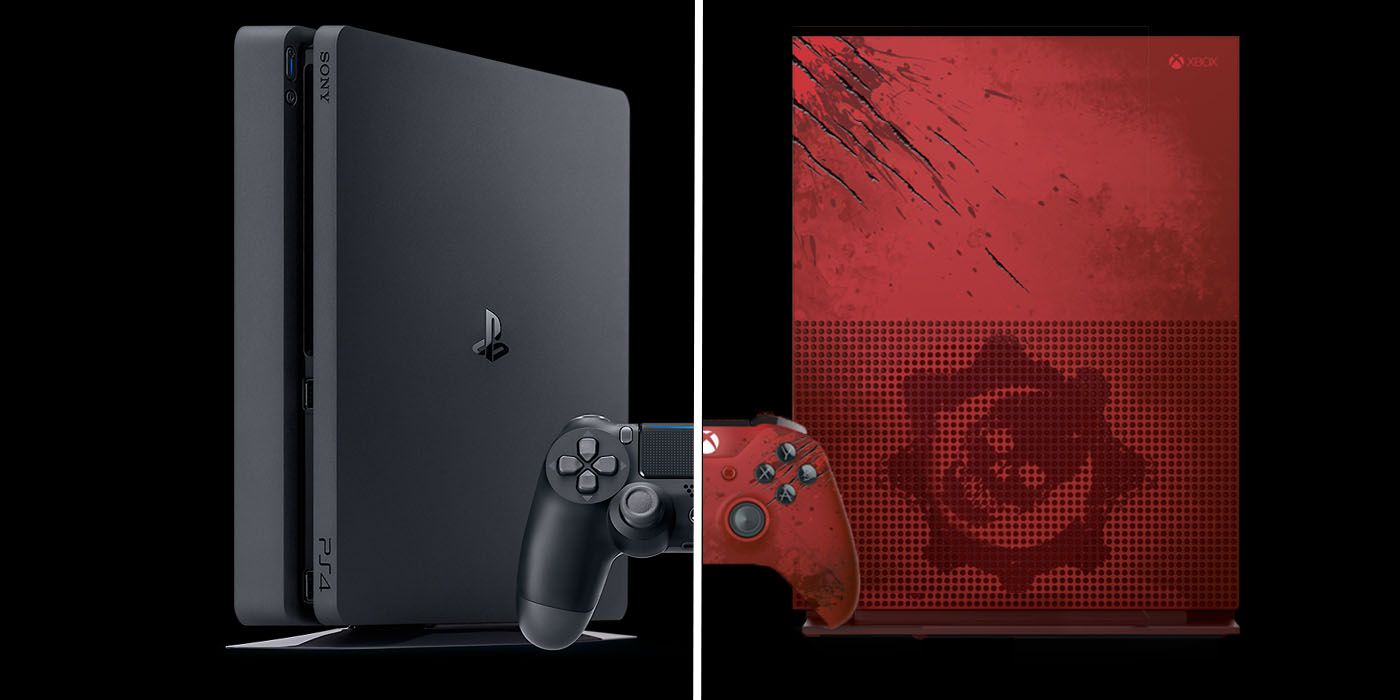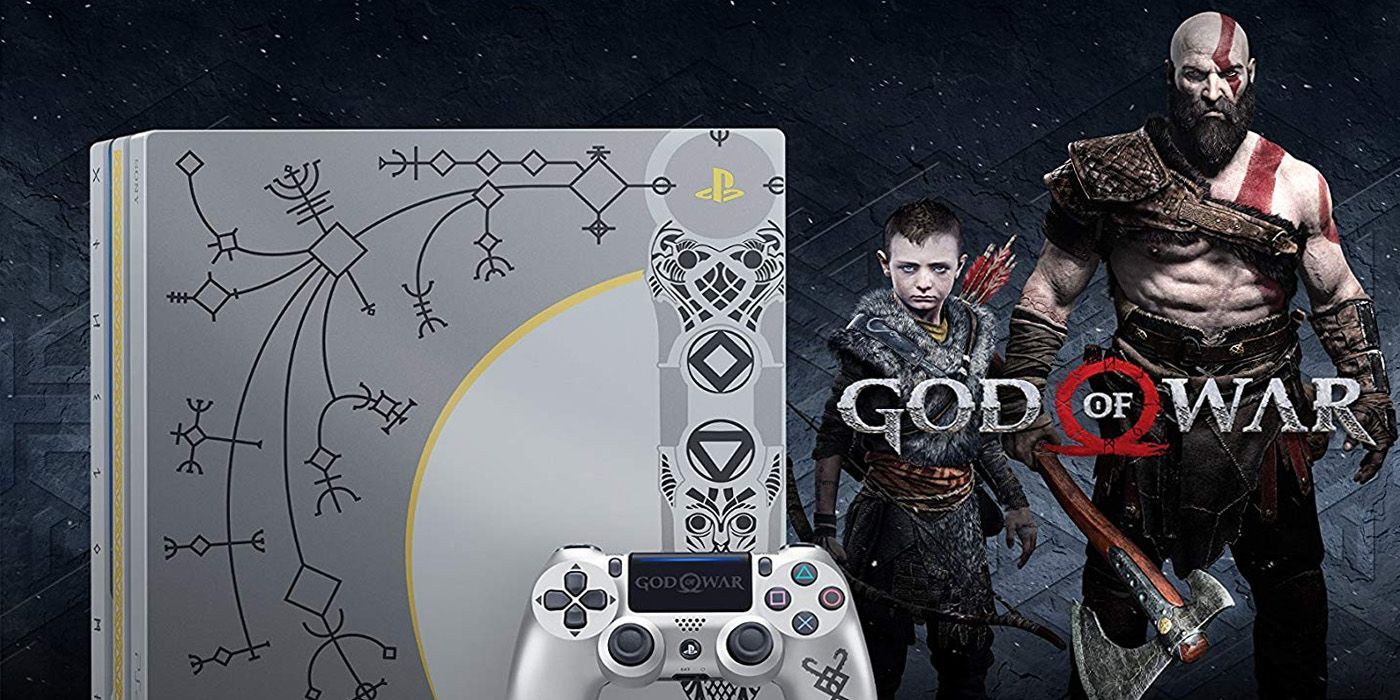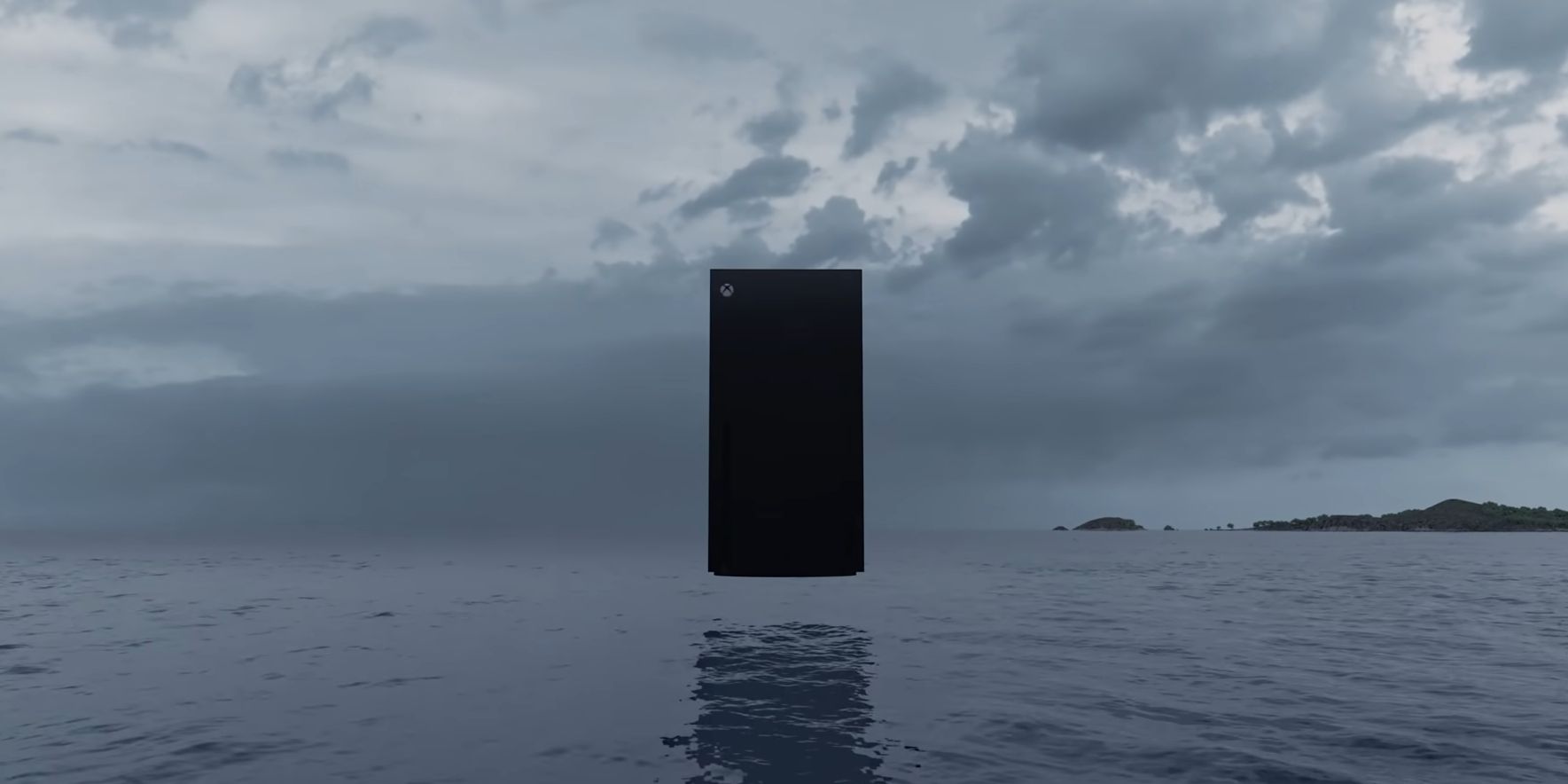With the PlayStation 5 and Xbox Series X on the horizon, we've decided to take a look at why the PlayStation 4 beat the Xbox One. If you're a sales number geek, you've probably noticed a massive disparity between PS4 and Xbox One sales.
Recently, the PS4 earned the honor of becoming the second-best-selling console of all time. That's right -- more than the Xbox One. More than the 360. Even more than the popular consoles from "back in the day" like the Super Nintendo and Nintendo 64 (sorry Sega, but you just did badly all around). In fact, the only system that has outsold the Playstation 4 is the Playstation 2, which still has an over 50-million lead on the current Playstation system. You should note that this number only counts consoles -- not handheld systems. The Nintendo DS and Game Boy both blow all current-generation consoles out of the water in terms of overall sales.
In fact, the Xbox One, nearing the end of its lifespan with Series X right around the corner, still lags behind the original PlayStation, the Nintendo Wii, Playstation 3, Xbox 360, the original NES, the SNES, and even the more recently-released Switch (as well as numerous handheld systems). So, what went wrong for Microsoft? And what did Sony do so right?
Why Playstation 4 Beat the Xbox One
Sony had a lot going for it on launch day. First, there was the price. Many gamers found it difficult to justify the premium on the Xbox One, which sold for $499 at launch. Compare this to the PS4's $399 and add it to Sony's at the time already-established reputation among gamers, and the price alone was enough to keep many from buying the Xbox One.
On top of that, there was the Xbox One's identity crisis. Sony was always clear what it was about: the games. Meanwhile, Microsoft spent a lot of time fumbling around and pushing the "extras" like the Kinect (which they shoved down everyone's throat for a while until it ultimately dawned on them that people didn't want to be forced to use a camera). Microsoft tried to sell a dream, with all sorts of extra features that ultimately went by the wayside as they realized people didn't care. Sony, on the other hand, offered a more powerful system and a promise to produce great games rather than reinvent the living room.
Speaking of games, Sony has always had the upper hand among the current-gen systems. With exclusives like Uncharted 4, The Last of Us, Marvel's Spider-Man, Horizon Zero Dawn, and (of course) God of War, Microsoft watched as Sony's offering gave gamers unique options while still providing most of the great games that have been released. And we don't see that changing before the next generation of consoles is released, with the Final Fantasy VII remake being a timed exclusive until March 2021. This alone is enough to ensure that Sony will never "lose" the current generation.
Microsoft may have "won" with innovative features like Game Pass and Backwards Compatability, but these and others were poorly-executed and poorly-communicated. Moreover, with the PS5 set to offer not only backwards compatibility but cross-generation play, the Xbox will lose that particular competitive edge in the next console generation.
What's Next for Sony vs. Microsoft?
This battle may be won, but the war isn't over. Sony saw how successful Microsoft's backwards compatibility feature was and plans to offer its own for the PS5, and has also stepped up its game with 4K and Blu-Ray. Meanwhile, Microsoft seems to have learned from its previous missteps and has brought the focus back to gaming.
However, Microsoft still needs to step up its game. Industry analyst Piers Harding-Rolls told GamesIndustry.biz that he expects Sony to continue to dominate in the next console generation, in large part because backwards compatibility offers an incentive for gamers to stick with the brand they currently own:
"I expect PS5 to outsell Xbox Series X in 2020, but for both platforms to sell more consoles at launch than both the PS4 and Xbox One did back in 2013. One new factor for this upcoming generation is the impact of backwards compatibility on brand loyalty and audience transition. I think we'll see less brand switching as a result."
Of course, a lot could still change between now and late 2020, when both consoles are expected to release. Expect the battle to heat up when Sony and Microsoft pitch their new respective consoles at upcoming conferences like Gamescom, E3, and PAX.



